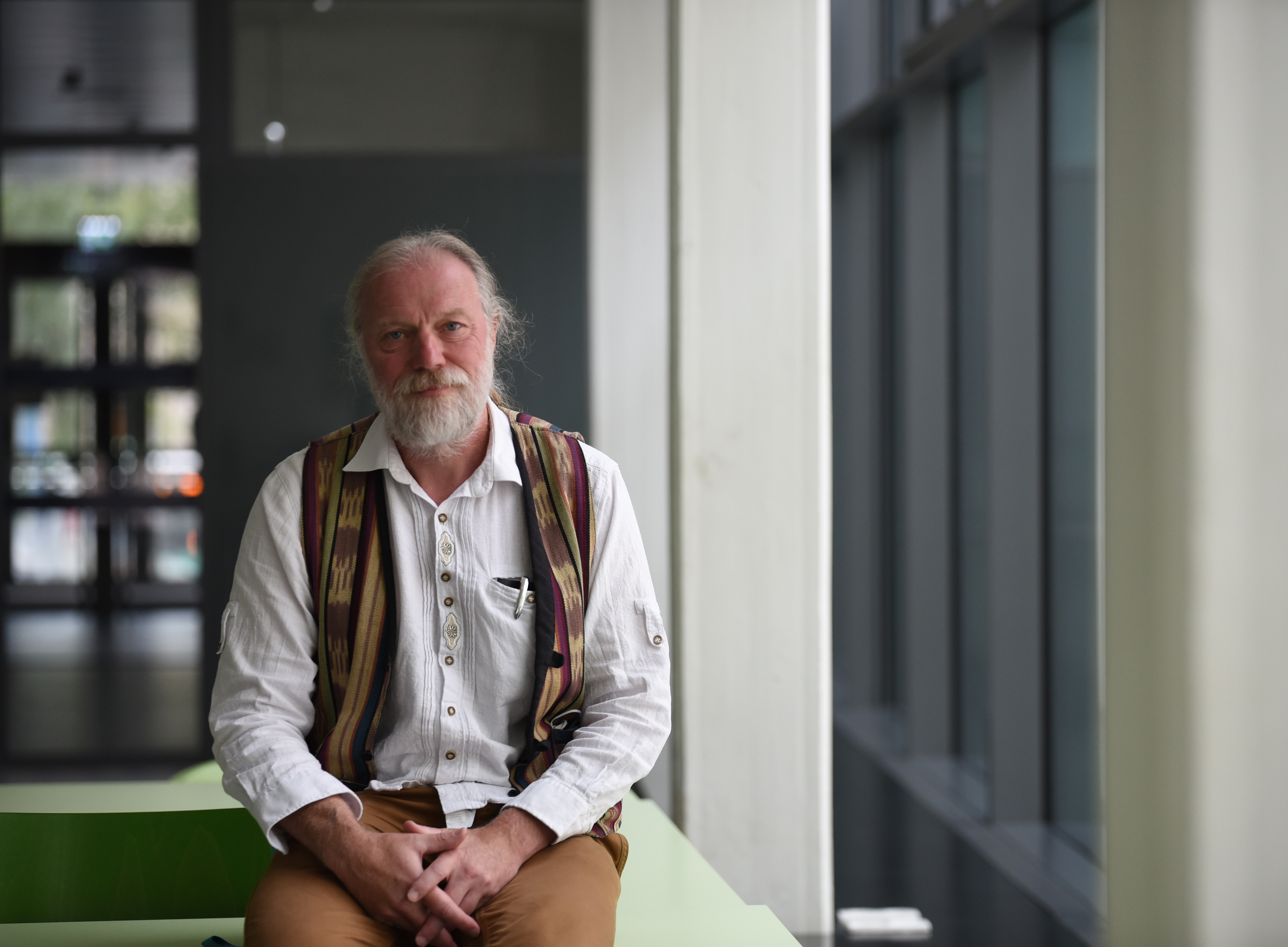It is a sad sight, and unfortunately not an uncommon one in Scotland: dozens of pilot whales lie in the sand, slowly dying. When an animal of this very social species of whale gets into trouble, the other members of the family are immediately on hand to help. Unfortunately, in doing so they also seal their fate.
But their death is a rare opportunity for researchers to study these animals. Such an event enabled Jörg Feldmann, a professor of chemistry at the University of Graz, to examine the brains of these marine mammals. Specifically, he was looking for traces of arsenic, which occurs naturally in the sea and accumulates in marine life in various forms.
An opportunity for research
‘In 2012, a group of 20 individuals of all ages stranded,’ says Feldmann. “This gave us a unique opportunity to study the accumulation of arsenic in individuals of different ages.” Specifically, the chemist was looking for arsenolipids. In these, the arsenic is bound to fat molecules, making it easier for it to penetrate cells. These are naturally present in all seafood and saltwater fish.
Feldmann was actually able to find these molecules in the bodies of whales. Surprisingly, they were found mainly in the brain. The concentration increased with age. ‘The value only stabilises in adulthood.’
Caution advised
For the chemist, this is a cause for concern. ‘This is an indication that these arsenolipids cross the blood-brain barrier, at least in young years.’ And experiments with cell cultures show that these compounds are highly toxic. Since the metabolism of whales is similar to that of humans, the scientist fears that arsenolipids could also accumulate in the brains of children and adolescents.
Feldmann therefore advises caution when eating fish fingers, shrimps, and calamari during the growth phase. It is not yet known what these compounds do to the brain. ‘We urgently need to do more research in this area.’
Publication
Toxic arsenolipids bioaccumulate in the developing brain of pilot whales; Johannes F. Kopp, Lhiam Paton, Zuzana Gajdosechova, Savarin Sinawivat, Andrea Raab, Andrew Brownlow, Jörg Feldmann
